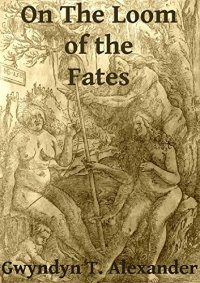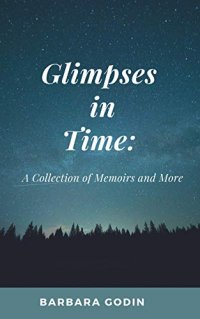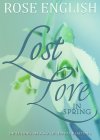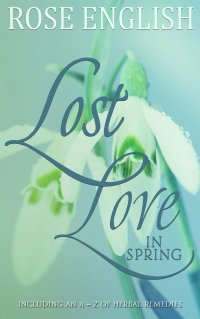...Approachable, immediately relevant, and using simple language with great skill, it would appeal to younger readers because it does interact with today's issues. ...
This is a collection of poetry, not rhyming and written in the short lines and stanzas, retelling greek myths from a feminist viewpoint. The casting of modern problems – using the Sirens to illustrate issues like Gamergate, Helen and the internet – gives this collection relevance, and the contribution to Protect.org for each sale is a very nice touch.
Personally I enjoyed the collection. The poet has a direct and confrontational style which lends itself well to these themes, and a strong voice that hammers home her points clearly.
However while the poetry is solid, with excellent use of words and meter to convey its meaning, for me the collection as a whole is slightly weak because the theme itself lacks depth. All the poems have much the same message: men are bad and women suffer, but it doesn’t explore this. At the start the author says that outside of victims and villains there were no roles for women in myth, but it seems that this is true even of this collection. The Furies have given up, Helen is a doll, Circe is misunderstood…Meanwhile all the men are demanding, rather one dimensional figures all cast in the role of strange men approaching a woman. To truly explore feminist themes I’d have liked to see some exploration of the pressures women place on each other, the roles of related males such as fathers and brothers, and the conflict between modern and traditional expectations.
While it is an interesting take, in places the poems contradict the original myths – dismissing Medea’s murder of her children as bad PR is one thing, but there was also murder of her brother and multiple others, high treason, and more. There are also a few odd omissions: Hestia was the goddess of the hearth and gave up her place at the table for Zeus’s son, yet she’s not featured here.
It’s a good collection, making its points incisively if repeatedly, but in my opinion it isn’t this poet’s best work. For a more nuanced exploration of the same themes, I would suggest the excellent collection “Poets are not useful” by the same author, which covers much the same themes but explores more angles of the issue.
Overall, and this is just my opinion, this is a good collection, not a great one. Approachable, immediately relevant, and using simple language with great skill, it would appeal to younger readers because it does interact with today’s issues. It would obviously have more relevance to female readers and those working with women’s issues.
On the other hand, I liked it.
Rating: 3 to 4Reviewed by
Reviewed on: 2015-04-09
Review Policy: No compensation is received for reviews. View our Review Policy here.













